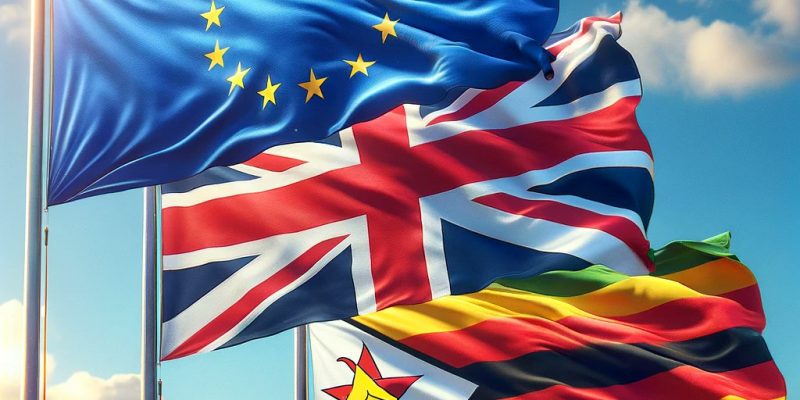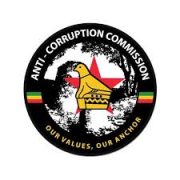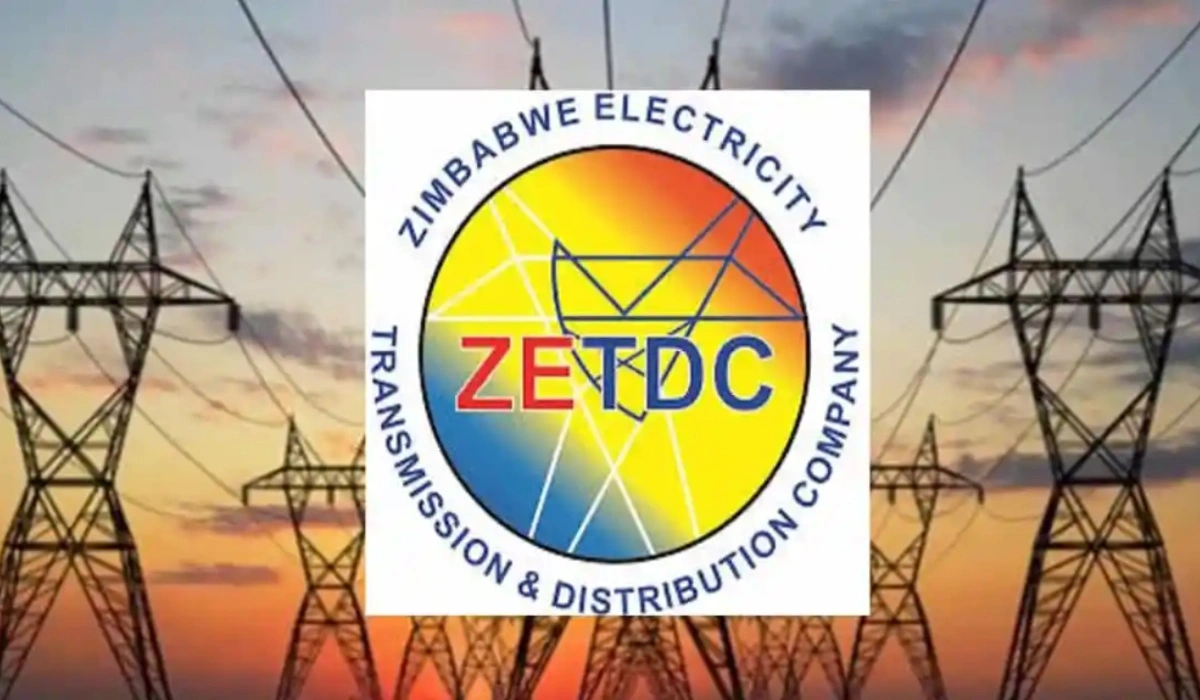The European Union (EU) has terminated its financial support program to Zimbabwe, citing concerns over the government’s enactment of the Private Voluntary Organisations (PVO) Amendment Bill, which critics argue restricts civic freedoms and undermines democratic governance.
The decision, announced by EU Ambassador to Zimbabwe,
Jobst Von Kirchmann, marks a significant shift in the EU’s engagement with the country and raises questions about Zimbabwe’s commitment to governance reforms under its debt resolution process.
The EU has left the door open for re-engagement, contingent on Zimbabwe demonstrating “a genuine commitment to meeting governance targets.” However, with the PVO law now in effect, the path to restoring trust appears uncertain.
By Gamuchirai Mapako
The PVO Amendment Bill, enacted in 2025, amends several key laws, including the Money Laundering and Proceeds of Crime Act, the Criminal Matters (Mutual Assistance) Act, and the National Social Security Authority Act. While its preamble acknowledges the role of private voluntary organisations (PVOs) in promoting democracy, social cohesion, and governance, civil society groups argue that its provisions impose stringent regulations that could stifle dissent and limit foreign funding for NGOs.
The bill increases government oversight, granting authorities broad powers to monitor, suspend, or dissolve PVOs deemed non-compliant with new regulations.
NGOs relying on international donations may face heightened scrutiny, with the government asserting control over financial inflows. In Section 21 and 22 of the bill, the Minister can suspend dysfunctional PVOs or appoint trustees to prevent misuse of resources. Critiques have argued Section 27 which gives the minister power to dissolve PVOs may be misused to target organizations critical of the government.
The amendments introduce severe penalties for violations, raising fears of a crackdown on activism. Penalties for minor infractions ( Section 11) are harsh, potentially stifling legitimate activities.
“Any person who falsely represents or causes or permits any other person falsely to represent to any member of the public that he is associated with a private voluntary organisation shall be guilty of an offence and liable to a fine not exceeding level four or to imprisonment for a period not exceeding three months or to both such fine and such imprisonment,” reads the bill.
In a statement posted on X (formerly Twitter), Ambassador Jobst Von Kirchmann expressed disappointment over Zimbabwe’s failure to uphold governance commitments under its arrears clearance and debt resolution process.
“Zimbabwe has over USD 21 billion in debt and arrears with bilateral and multilateral creditors,” he noted. “Several years ago, the Government of Zimbabwe initiated a commendable arrears clearance and debt resolution process to address this situation. It is disappointing to see that Zimbabwe has not upheld its own commitments under this process, particularly regarding the expansion of civic space.”
The EU’s decision to discontinue its 2025 funding under the structured dialogue framework deals a blow to the country’s administration, which has sought to re-engage with international creditors. The targeted funding was intended to support good governance initiatives, but the EU now argues that the PVO Amendment Bill contradicts the spirit of reform.
The withdrawal of EU funding is expected to have far-reaching consequences mainly because
many NGOs rely on EU grants to support humanitarian, governance, and development programs. Without this funding, critical services in health, education, and human rights advocacy could be severely affected.
The move signals growing frustration among Western partners, potentially affecting future aid and investment.
The Zimbabwean government has defended the PVO Amendment Bill as necessary to prevent money laundering and ensure accountability. However, critics argue that the law is politically motivated, following a pattern of legislation such as the Patriotic Bill that curtails freedoms.
Without meaningful reforms, Zimbabwe risks further isolation, jeopardising its debt resolution efforts and economic recovery. For civil society, the challenge will be navigating an increasingly restrictive environment while continuing to advocate for democratic freedoms.
For now, the ball is in the government’s court. Will it revise its approach to satisfy creditors and civil society, or will it double down on policies that alienate key allies?
The answer could determine Zimbabwe’s trajectory for years to come.










Comments